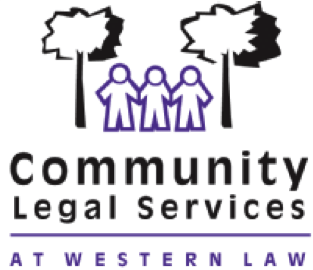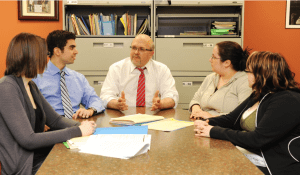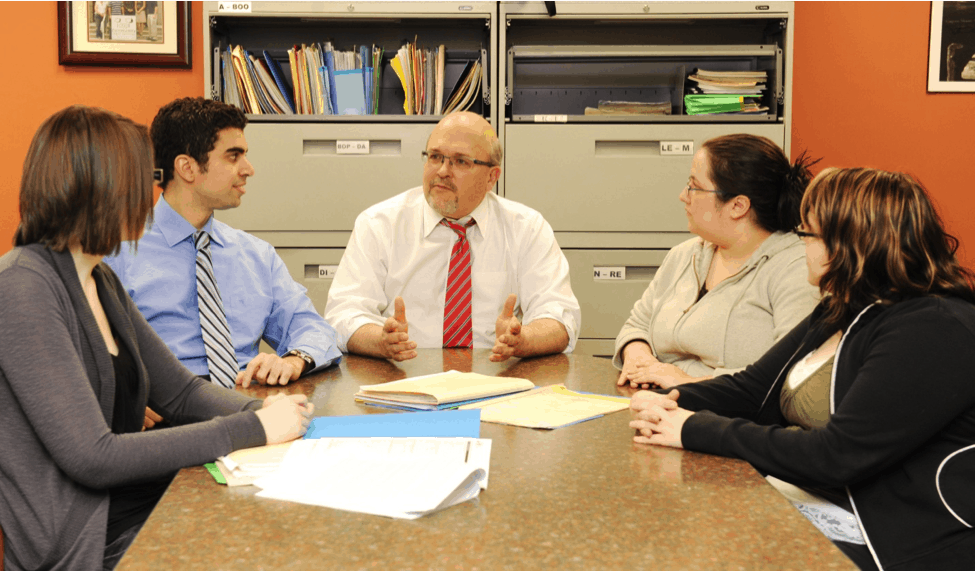
There are dozens of legal clinics in Ontario and across Canada that serve special communities. This month I connected with Doug Ferguson, the Director of Community Legal Services, which is the student legal clinic at the University of Western Ontario.
How many people do you serve in your region?
We work on 800-900 files per year. In addition we have about 1,500 people attend our public legal education sessions and about 200 attend our immigration information sessions. We also provide notarial services to about 2,200 people and provide summary advice to another 200.
We also have podcasts and newspaper articles that reach many more.
What are your main practice areas?
Criminal, small claims court, landlord and tenant, immigration, mediation, public legal education, wills and powers of attorney, university appeals.
Are there any services your clinic offers that might surprise an outsider?
We handle some intellectual property files, and occasionally handle appeals to the Divisional Court and the Ontario Court of Appeal.
Who works at your clinic?
At present we have two full time lawyers, two part time lawyers, two articling students, and two administrative staff.
What do articling students get to do while at your clinic?
Articling students are assigned their own files and assist us in supervising law students. They are involved in all aspects of the clinic. We try to give them as complete and fulfilling experience as possible.

What makes what you do at your clinic unique?
Our public legal education program is very strong, and aimed at fulfilling community needs. We have office hours at a local social agency for people with mental health issues, and have created a Community Justice Centre at the London Central Library where we meet with clients.
We work closely with Pro Bono Students Canada and co-operate on some projects, such as our Small Claims Court Project, where Pro Bono and CLS students assist people in filling out Small Claims Court forms.
We are leaders in the movement to reform legal education in Canada. We hosted the first ever national clinical legal education conference in 2010, and I spoke recently to the Federation of Law Societies on the state of experiential learning in Canadian law schools.
We have recently started to offer CLE@CLS, a program aimed at young lawyers, articling students, and law students that counts towards the cpd requirements of the Law Society of Upper Canada. Last week we offered a session on Small Claims Court.
Why is it great to work at your clinic, and in your area?
Our students are given a lot of responsibility. They work very hard but they are also given a lot of support by our lawyers. Our grads tell us that working in the clinic was the best thing they ever did in law school.
London is a great place to live and to practice law. It’s small enough to have small town feel to it, yet large enough to have the advantages of a large city. The bar and bench are very collegial and very helpful to our students.
As I tell our students, nowhere else in law school to do get to work on real files for real people in a real court. We have a high success rate in our trials (recently we won eight of nine criminal trials) and that shows the high quality of work we do.
Our students form friendships in the clinic that last well beyond law school.
What are the greatest challenges you face in your law practice?
The greatest challenge we face is to ensure that a student is getting the work done on all his or her files. We want to offer good and timely service to our clients. Students have competing priorities, and the vast majority understand that the client has to come first. It’s important in private practice to move your clients’ files forward in a timely way.
Is there anything else University of Toronto law students should know about your clinic?
The clinic directors of the six Ontario law schools meet once or twice a year to discuss common issues. The clinics have many similarities, but they are different in their structures and systems. They all do good work for low income clients.






